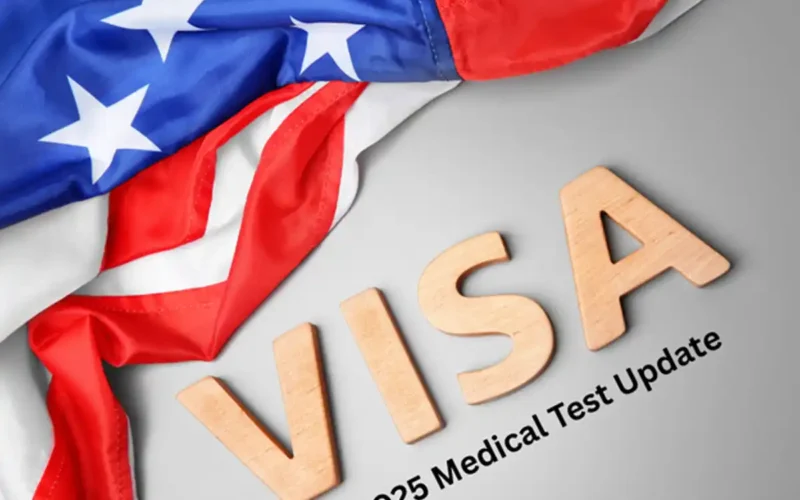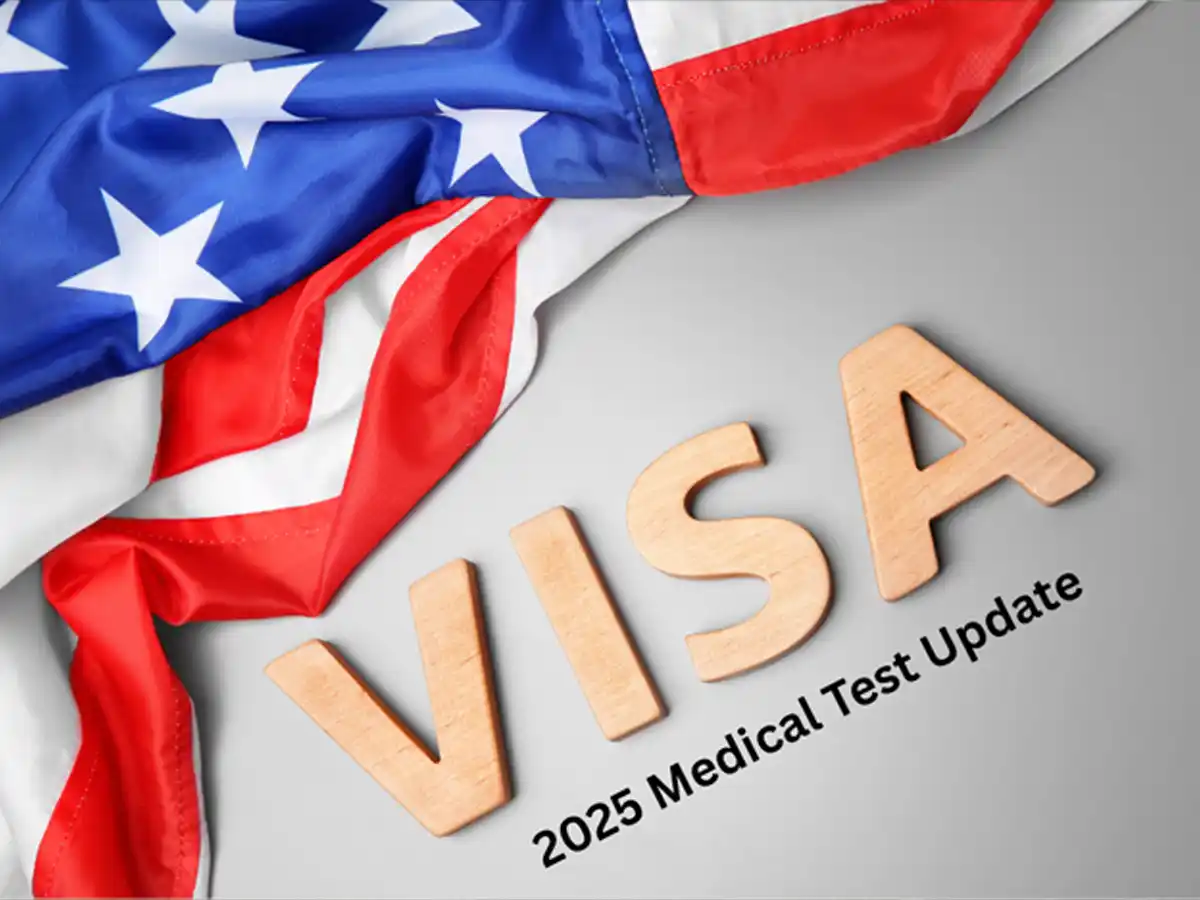The Trump administration recently unveiled new visa guidelines that may lead to rejections for individuals suffering from diabetes, heart disease, obesity, and cancer – among other chronic illnesses.
US media reports indicate that American embassies and consulates worldwide have been ordered to apply stricter medical scrutiny when reviewing visa applications from potential immigrants seeking permanent residency in the US.
Follow the Times of Karachi channel on WhatsApp
Officials explained that under this new policy, visa officers must determine whether an applicant can afford medical care without depending on government assistance or publicly funded healthcare programmes in the US.
US. media outlets reported that these new rules could have a devastating effect on immigrant applicants with long-term illnesses, as medical care for chronic illnesses in America can be extremely costly and requires long-term treatments.
Under President Trump, new instructions stress that individuals with serious health conditions could represent a burden on US resources if they are older or unable to work full-time.
Although US visa processes have historically included basic health evaluations, officials noted that the new guidelines expand the list of medical conditions requiring further assessment, providing visa officers with greater discretion during decision-making processes.
READ: Pakistani visa applicants must public their social media: US consulates
Under the new policy, visa officers will now carefully consider an applicant’s medical history, age, and ability to meet financial requirements as well as their likelihood of needing extensive medical care upon entering their new country of residence.
Analysts note these changes reflect a trend toward tighter immigration controls, with health evaluations becoming an integral component of visa processing for those attempting to attain long-term residency visas.
Immigration experts advise that applicants with chronic illnesses may face higher rejection risks unless they can present strong financial evidence demonstrating they can afford treatment independently.
Advocacy groups have voiced concerns that this policy could unfairly target vulnerable individuals requiring medical support, with advocacy groups noting how it prioritizes financial capacity over humanitarian considerations.
Visit Times of Karachi website for the latest news-related content daily
According to the report, visa applicants should expect more detailed questioning regarding their health, medical history, private insurance plans, and ability to afford emergency or long-term treatment in the US.
As the new guidelines go into effect, immigration lawyers advise applicants to prepare medical documentation, financial records, and insurance details thoroughly in order to avoid delays or potential refusals under expanded health criteria.













